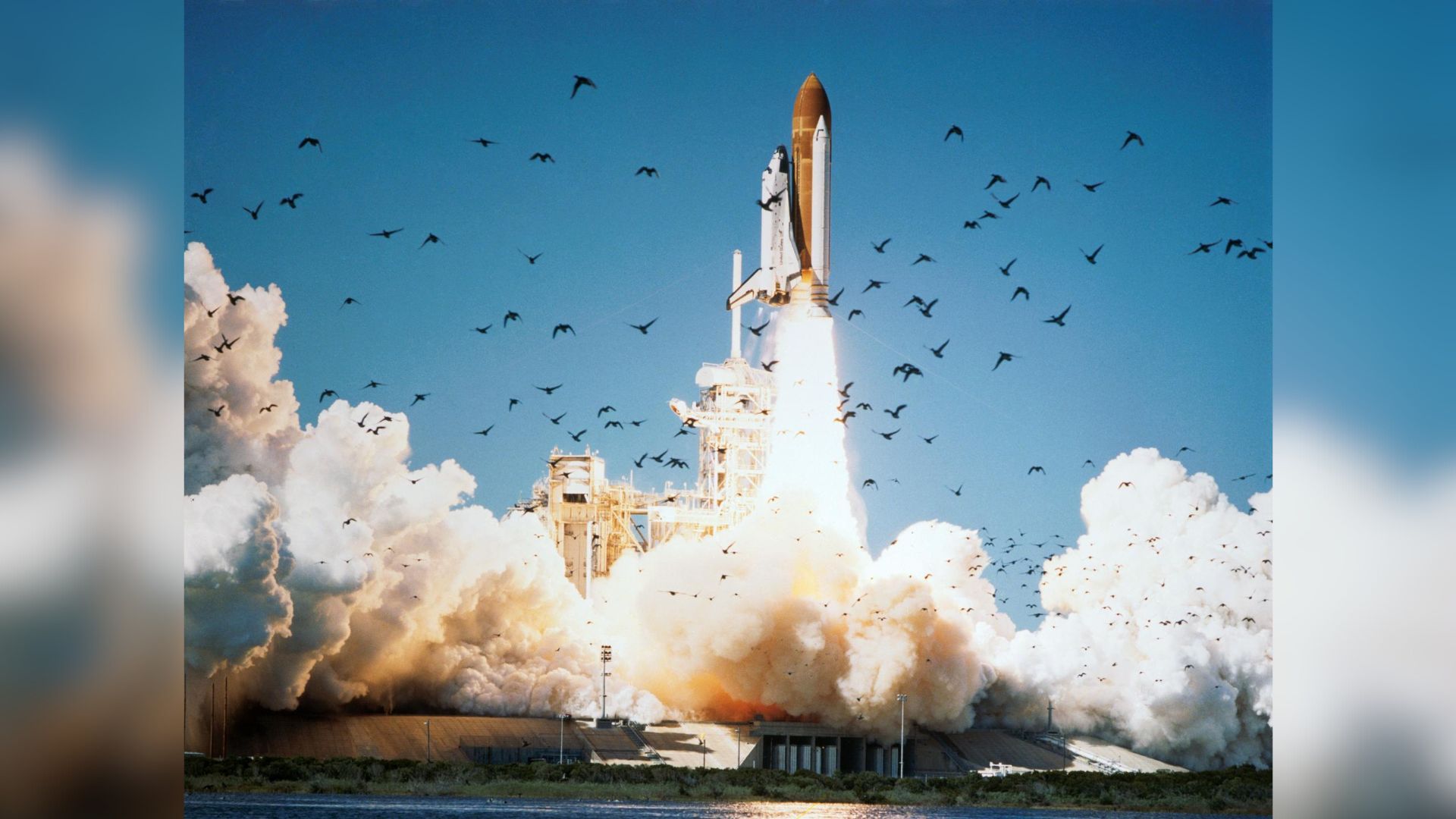Beaver Moon lunar eclipse 2021: Here's how to watch it online tonight
If you're clouded out or too cold, we have solutions for you.
Update for 6:20 am ET: The Beaver Moon partial lunar eclipse has ended. Our wrap story with videos is here. You can check out amazing photos of the Beaver Moon lunar eclipse in our gallery.
You can watch an ultra-long lunar eclipse online in the wee hours of Friday (Nov. 19) from one of several websites.
The so-called Beaver Moon lunar eclipse will start at 1:02 a.m. EST (0602 GMT), and the moon will be 97% covered by Earth's shadow at its peak. The eclipse will end at 6:03 a.m. EST (1203 GMT).
While the event will be visible from North and South America, Australia, and parts of Europe and Asia, you can also catch it online if you are clouded out. If you do have good weather, our guide on how to photograph a lunar eclipse, as well as how to photograph the moon with a camera in general, can help you make the most of the event. If you need imaging gear, check out our best cameras for astrophotography and best lenses for astrophotography to help prepare for the next eclipse.
Here are the broadcasts we know of so far:
Beaver Moon Lunar Eclipse from Griffith Observatory
The Griffith Observatory in Los Angeles will feature a timelapse video of the eclipse, weather permitting, on its YouTube page. The timelapse will start at 9 a.m. EST (1400 GMT/6 a.m. PST), with an online broadcast beginning before that on Friday, Nov. 19 at 1 a.m. EST (0600 GMT/ 10 p.m. PST on Nov. 18).
The park will not be open during the eclipse due to the pandemic, the observatory said in a statement.
Breaking space news, the latest updates on rocket launches, skywatching events and more!
Beaver Moon Lunar Eclipse from Time and Date
Time and Date will start its livestream on YouTube at 1 a.m. EDT (0600 GMT) on YouTube.
"Our live coverage is your perfect companion to this eclipse, whether it's visible from your location or not," TimeandDate said in the video description. "Follow the eclipse from start to finish with us right here."
Beaver Moon Lunar Eclipse: Virtual Telescope Project
The Virtual Telescope Project will broadcast live from Rome starting at 2 a.m. EDT (0700 GMT).
"As in the past, the Virtual Telescope Project will partner with some great astro-imagers from all around the planet to bring to you the stunning beauty of such a precious event," the organization said on the event page.
Astronomical Society of South Australia
The Astronomical Society of South Australia will have broadcasts on YouTube or Facebook starting at 4:30 a.m. EST (0930 GMT or 7 p.m. local time).
"Our network of imaging telescopes located in South Australia, Victoria and Queensland, and further away if necessary, will provide the best opportunity to view this special celestial event regardless of local weather conditions," the society stated on its event page.
If we learn of more webcasts for the Beaver Moon lunar eclipse, we'll add them here. Happy eclipse viewing!
Editor's Note: If you snap an amazing night sky picture and would like to share it with Space.com's readers, send your photos, comments, and your name and location to spacephotos@space.com.
Follow Elizabeth Howell on Twitter @howellspace. Follow us on Twitter @Spacedotcom and on Facebook.

Elizabeth Howell (she/her), Ph.D., was a staff writer in the spaceflight channel between 2022 and 2024 specializing in Canadian space news. She was contributing writer for Space.com for 10 years from 2012 to 2024. Elizabeth's reporting includes multiple exclusives with the White House, leading world coverage about a lost-and-found space tomato on the International Space Station, witnessing five human spaceflight launches on two continents, flying parabolic, working inside a spacesuit, and participating in a simulated Mars mission. Her latest book, "Why Am I Taller?" (ECW Press, 2022) is co-written with astronaut Dave Williams.



